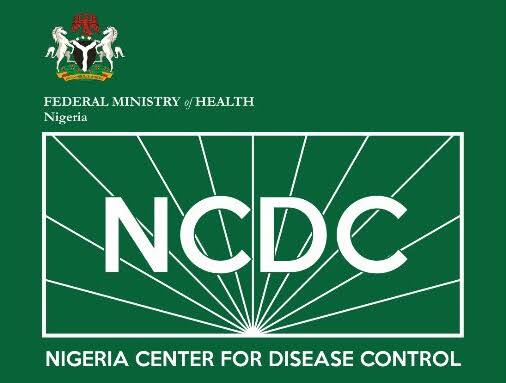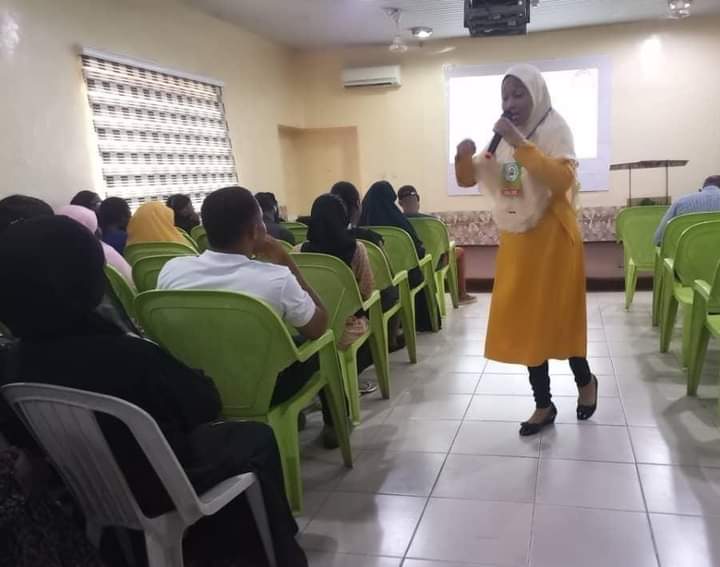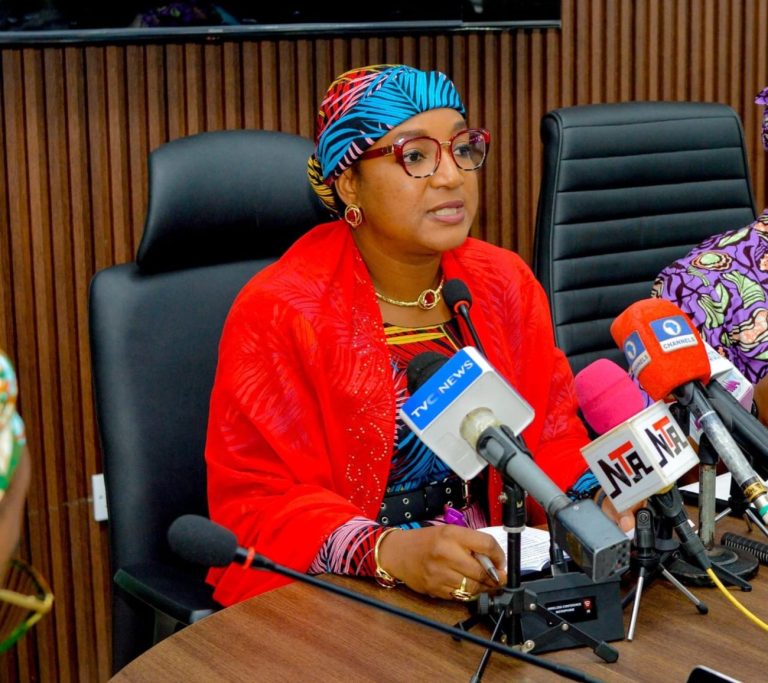NCDC responds to new cases of Diphtheria in Lagos, Kano, two others
The Nigeria Centre for Disease Control and Prevention (NCDC) says it has responded to reports of diphtheria cases in Lagos and Kano States while also monitoring the situation in Osun and Yobe States where cases are now being picked up.
In a statement by the Director-General of the NCDC, Dr. Ifedayo Adetifa, said in addition to clinically suspected cases, there have been laboratory-confirmed cases.
Diphtheria is a serious bacterial infection caused by the bacterium called Corynebacterium species that affect the nose, throat and sometimes, skin of an individual.
Transmission of Diphtheria spreads easily between people through direct contact with infected people; droplets from coughing or sneezing; conntact with contaminated clothing and objects.
The onset of signs and symptoms usually starts after 2 to 10 days of exposure to the bacteria. Symptoms of diphtheria include; Fever, runny nose, sore throat, cough, red eyes (conjunctivitis), neck swelling. In severe cases, a thick grey or white patch appears on the tonsils and/or at the back of the throat associated with difficulty breathing.
To prevent the disease, the NCDC stressed that the Nigeria childhood immunization schedule recommends three (3) doses of pentavalent vaccine (diphtheria toxoid containing vaccine) are recommended for children in the 6th, 10th and 14th week of life.
It also encouraged Nigerians to maintain good personal and environmental sanitation and hygiene, especially those living in crowded environments.
The NCDC stated: To reduce the risk of diphtheria, the NCDC offers the following advice: Parents should ensure that their children are fully vaccinated against diphtheria with three (3) doses of the pentavalent vaccine as recommended in the childhood immunization schedule; Healthcare workers should maintain a high index of suspicion for diphtheria, that is, be vigilant and look out for symptoms of diphtheria.
“Others are: Individuals with signs and symptoms suggestive of diphtheria should isolate themselves and notify the local government area (LGA), state disease surveillance officer (DSNO) or the NCDC through our toll-free line (6232); Close contacts with a confirmed case of diphtheria should be closely monitored given antibiotics prophylaxis and started on diphtheria antitoxin treatment when indicated; All healthcare workers (doctors, nurses, laboratory scientists, support staff etc.) with higher exposure to cases of diphtheria should be vaccinated against diphtheria.”







